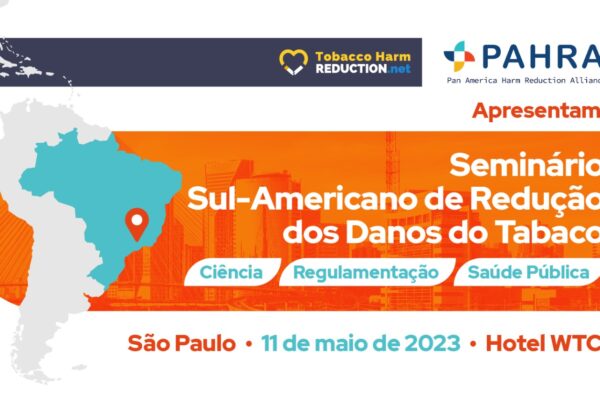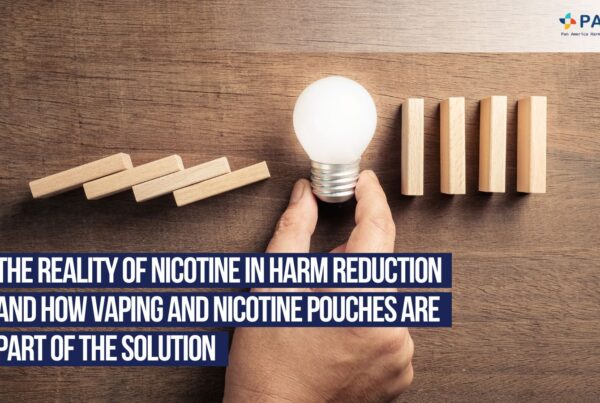
Why The Government Needs To Embrace Science-based Solutions for Adult Smokers
An estimated 8.2 million adults in Argentina are regular tobacco users. This positions Argentina as the 24th globally and the 4th in the WHO Americas Region in terms of the number of tobacco users, with 225,000 Argentines falling ill and 48,000 Argentines dying from smoking-related diseases every year.
Argentina is one of the most restrictive countries on less harmful nicotine products, with the sale and promotion of electronic cigarettes having been banned since 2011 following a ruling by the National Administration of Drugs, Foods and Medical Devices.
Health Minister Carla Vizzotti signed a resolution on March 28th, 2023, further prohibiting the importation, distribution, commercialization, and marketing of electronic systems or devices intended for heated tobacco products, including all accessories designed for the operation of said systems or devices and cartridges and tobacco sticks to be heated in such systems.
What Can Argentina Learn From Implementation Examples Around the World?
The UK has led the way in recognizing the complementary role that smoke-free products such as heated tobacco products and electronic cigarettes can play in reducing the harmful effects of smoking. Sweden, Japan, and New Zealand have also embraced harm reduction and a risk-proportionate approach to regulating these products, which has led to a decrease in smoking rates, saving thousands of lives and minimizing the public health burden of cigarette smoking.
International evidence such as Cochrane Review and Public Health England studies show that the most successful methods of quitting smoking involve modern alternative nicotine products such as regulated e-cigarettes.
It could, therefore, be beneficial for Argentina’s Government to take measures that embrace tobacco harm reduction approaches and make them part of the health agenda. By adopting an approach that prioritizes harm reduction, Argentina could allow smokers a more viable path to quitting and, most importantly, save lives.
Tags
Popular Posts
Quick Links
Related Posts
 Paradigm Shift Needed In Pan America’s Approach to End Smoking
Paradigm Shift Needed In Pan America’s Approach to End Smoking
Paradigm Shift Needed In Pan America’s Approach to End Smoking
 Tobacco Harm Reduction Seminar in Brazil
Tobacco Harm Reduction Seminar in Brazil
Tobacco Harm Reduction Seminar in Brazil
 Systematic Review of Vaping Flavours | Dr. Konstantinos Farsalinos
Systematic Review of Vaping Flavours | Dr. Konstantinos Farsalinos





